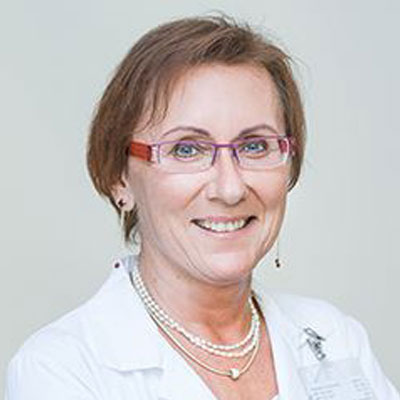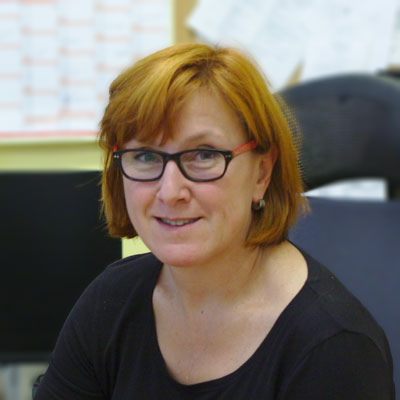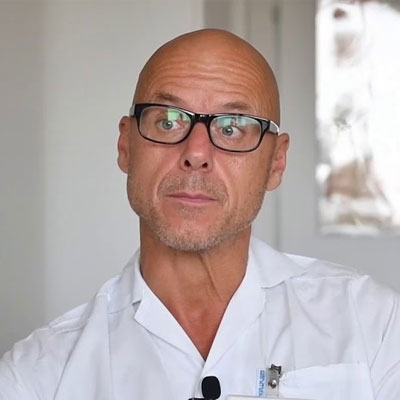On the occasion of the upcoming World Multiple Sclerosis (MS) Day, the ReMuS Patient Registry held its traditional press conference on 25 May 2023. The conference presented the most up-to-date data on MS and the practical achievements that the ReMuS Registry has been able to implement during its 10 years of existence.
Speakers at the press conference were

prof. Eva Kubala Havrdová, MD, D.Sc.
General University Hospital in Prague

prof. Dana Horáková, MD, Ph.D.
General University Hospital in Prague

Jiří Drahota, M.Sc.
ReMuS Register

Pavel Hradílek, MD, PH.D.
University Hospital Ostrava
Treatment of multiple sclerosis is experiencing a revolution in the Czech Republic
Patients receive highly effective medications immediately after the first injection, for which they would previously have had to wait a long time. How effective and safe these drugs are is now being closely monitored by doctors through the ReMuS multiple sclerosis patient registry. The latter celebrates its 10-year anniversary this year - the latest data traditionally released to mark World Multiple Sclerosis Day, which falls on 30 May.
"New drugs have come along and dramatically improved the fate of patients. Because they are effective, they carry more side effects. Multiple sclerosis often flares up at a younger age, so we have to carefully monitor how the drugs behave in patients' bodies 10, 20 years after they are put on - whether they cause other problems. To do this we need as much data as possible, such as from the ReMuS registry. Moreover, new treatments are expensive, and without data clearly demonstrating their effect, it would be difficult for Czech patients to access them." explains neurologist and expert guarantor of the ReMuS registry Assoc. Prof. Dana Horáková
Quickly deployed highly effective treatment can delay the onset of disability by up to 10 years - says the head of the Centre for Demyelinating Diseases of the Neurological Clinic of the 1st Faculty of Medicine of Charles University in Prague, prof. Eva Kubala Havrdová, MD, D.Sc. "Completely changes the prognosis of multiple sclerosis. We would like to deploy this treatment to 60-70 % newly diagnosed patients by the end of this year - initially it was only around 20 %. For comparison, In Sweden, about 90 % patients have been taking highly effective drugs since the beginning of the disease," she adds. In the Czech Republic, 700 to 800 more patients are diagnosed each year.

In order for professionals to collect and evaluate data and monitor potential safety risks, they must ask all patients in the registry for new informed consent this year. "To obtain certain data, we need to collect information from at least 50,000 people, and we don't have that many in the Czech registry. Therefore, it is important to connect it with international data, and for that, we need patients' consent. This will allow us to respond quickly and issue warnings if it turns out in the future that certain drugs are not sufficiently safe for some patients," says Assoc. Prof. Horáková.
The Czech ReMuS registry is one of the largest in Europe. "Thanks to the data it contains, we can also respond to unexpected situations, such as the COVID-19 pandemic, when questions arose about how the disease or vaccination affects patients with multiple sclerosis. A revolutionary feature is the possibility of linking the registry with the data of health insurance companies. Without them, some research would not be feasible at all. In the future, for example, we are investigating how multiple sclerosis can be caught before the first clinical manifestation. This would allow doctors to intervene really early," comments the director of the ReMuS registry Ing. Jiří Drahota and adds that the number of people with multiple sclerosis in the registry last year climbed to 20 274, of which 15 459 patients are on biological treatment and 4 815 are not.

Last year, with the help of ReMuS, doctors monitored how breastfeeding affects multiple sclerosis, specifically for 1 681 pregnancies. They observed how the disease behaved in women who dropped out of treatment and breastfed for three months or more, compared to those who did not breastfeed and started therapy immediately after giving birth. They found that breastfeeding in women with MS did not have a negative effect on the course of the disease and their condition was comparable to those who did not breastfeed at all. "These results, which of course still need to be confirmed by expert studies, are very important to us. Mothers with MS want to breastfeed like everyone else, but because the postpartum period carries a higher risk of relapses and disease progression, there are concerns around breastfeeding. However, data from the registry strongly suggests that women with MS do not need to worry about breastfeeding if their disease is stable. Given that they are now able to take some MS medications during pregnancy and breastfeeding, it will be important to monitor the health status of this group in the registry in future years. These findings could help women with MS who are planning a pregnancy or are already pregnant to facilitate their decision-making," says Pavel Hradílek, MD., from the Centre for Diagnosis and Treatment of Demyelinating Diseases at the Neurological Clinic of the Ostrava University Hospital and the Faculty of Medicine of the OU. "It is still true that pregnancy and breastfeeding should be planned in advance and consulted with a doctor," he adds. According to data from the ReMuS registry, 206 patients with MS gave birth in the Czech Republic last year.
The registry also shows that 71.19 % of women and 28.81 % of men were treated in all 15 multiple sclerosis treatment centres in 2022. The mean age at disease onset was 32.63 years. Most patients were from Prague (16.4 %). On the other hand, the lowest number (3,011) was from the Karlovy Vary region. More than half of the patients on biological therapy worked full-time (61.47 %) and another 17.23 % worked part-time. Of those who did not have biological treatment, 52.07 % patients did not work. Disability pension of 3rd level was received by 9.33 % patients on biological treatment and 36.67 % without it.
